Fasoracetam: Cognitive Effects Research

Fasoracetam Cognitive Research: A Comprehensive Overview
Fasoracetam, belonging to the racetam family, is a nootropic compound receiving increasing attention for its purported cognitive-enhancing properties. This article comprehensively explores the current state of cognitive research on fasoracetam, examining its mechanisms of action, cognitive benefits, potential therapeutic applications, research status, and safety profile.
Understanding Fasoracetam’s Core Mechanisms
Fasoracetam’s influence on cognitive function stems from its intricate interactions with several neurotransmitter systems within the brain. Primarily, it modulates metabotropic glutamate receptors (mGluRs), the cholinergic system, and the GABAergic system. Subsequently, this modulation leads to various downstream effects that underpin its cognitive-enhancing properties.
Metabotropic Glutamate Receptors (mGluRs)
Fasoracetam exhibits affinity for several mGluRs, notably mGluR1, mGluR5, and mGluR8. These receptors play pivotal roles in synaptic plasticity, learning, and memory. Through agonist activity, fasoracetam enhances synaptic transmission, thereby improving cognitive function.
Activation of these receptors leads to increased levels of brain-derived neurotrophic factor (BDNF), a protein essential for neuronal growth, survival, and differentiation. Furthermore, mGluR activation can enhance long-term potentiation (LTP), a cellular mechanism critical for memory consolidation. Consequently, by enhancing synaptic transmission and promoting neural plasticity, fasoracetam supports overall cognitive enhancement.
The Cholinergic System’s Role
The cholinergic system, centered around the neurotransmitter acetylcholine, plays a central role in memory, learning, and attention. Fasoracetam enhances cholinergic neurotransmission in several ways. First, it increases the release of acetylcholine, amplifying signaling at cholinergic synapses. Next, fasoracetam also enhances the uptake of choline, a precursor to acetylcholine, ensuring a ready supply for neurotransmitter synthesis.
By increasing acetylcholine levels and bolstering cholinergic activity, fasoracetam supports improved memory formation, enhanced learning capabilities, and heightened attention. Moreover, acetylcholine’s role in wakefulness contributes to the increased alertness often reported by fasoracetam users.
Here’s a product that can support overall cognitive enhancement:
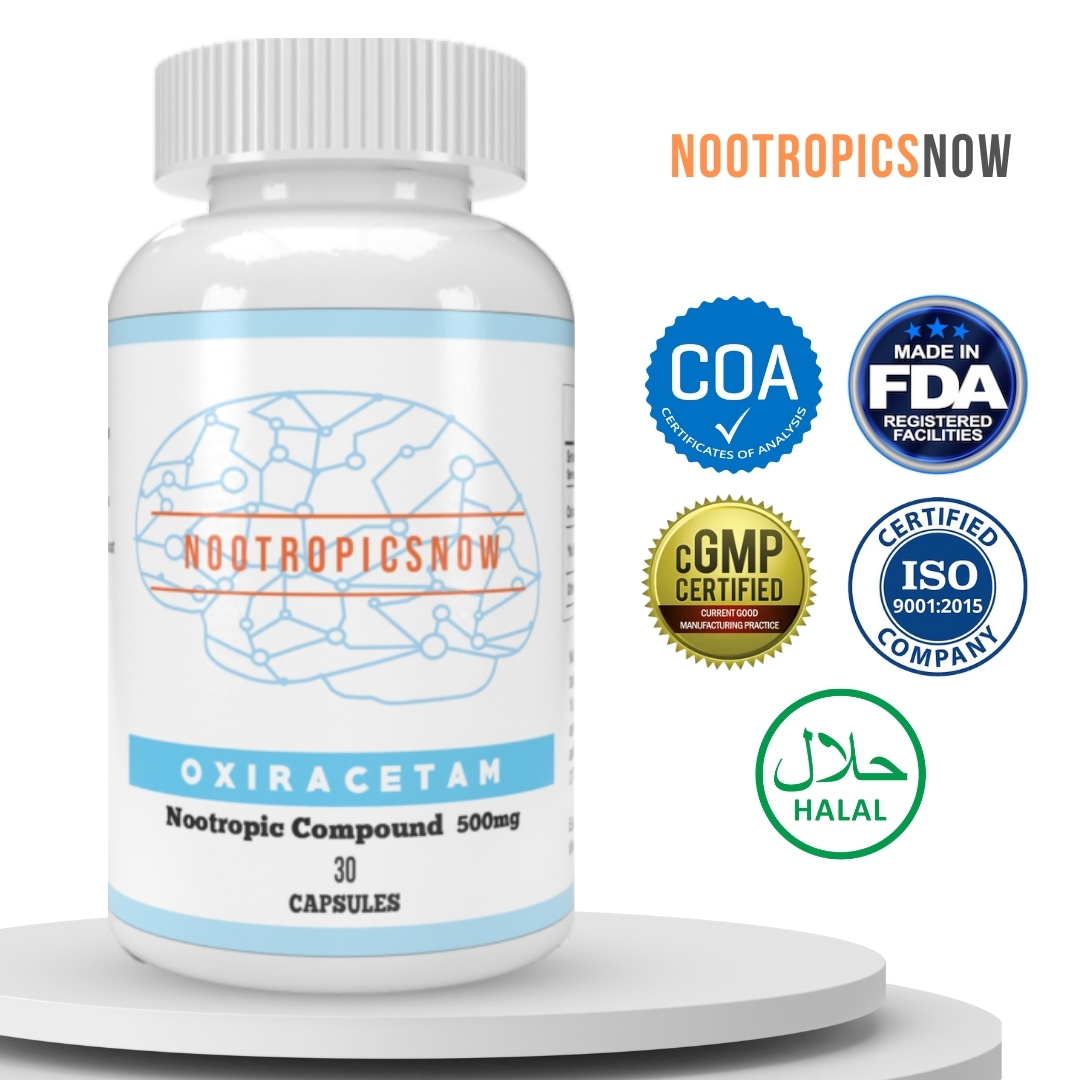
View Product
GABAergic System Modulation
Gamma-aminobutyric acid (GABA) is the primary inhibitory neurotransmitter in the brain, crucial for regulating neuronal excitability and maintaining overall neural balance. Fasoracetam modulates the GABAergic system, potentially reducing anxiety and improving mood. While the precise mechanisms are still under investigation, it is thought that fasoracetam may act as a positive allosteric modulator of GABA receptors. This action enhances the receptor’s response to GABA, promoting a calming effect.
By balancing excitatory and inhibitory neurotransmission, fasoracetam can help alleviate symptoms of anxiety and depression. Additionally, GABA’s influence on sleep can potentially lead to improved sleep quality and overall well-being.
Products like these have been shown to modulate the GABAergic system, and potentially reduce anxiety:

View Product
View Product
Cognitive Benefits: An Evidence-Based Perspective
Fasoracetam’s effects extend to several cognitive domains, including memory, learning, and executive functions. Research, primarily preclinical studies, indicates potential improvements in memory recall and retention, enhanced cognitive function, and potential therapeutic applications.
Enhanced Memory Recall and Retention
One of the primary cognitive benefits attributed to fasoracetam is its ability to improve memory recall and retention. This improvement stems from its influence on neurotransmitters crucial for memory formation. Studies consistently highlight enhancements in both short-term and long-term memory tasks following fasoracetam administration.
To help with focus and memory, consider these additional options:
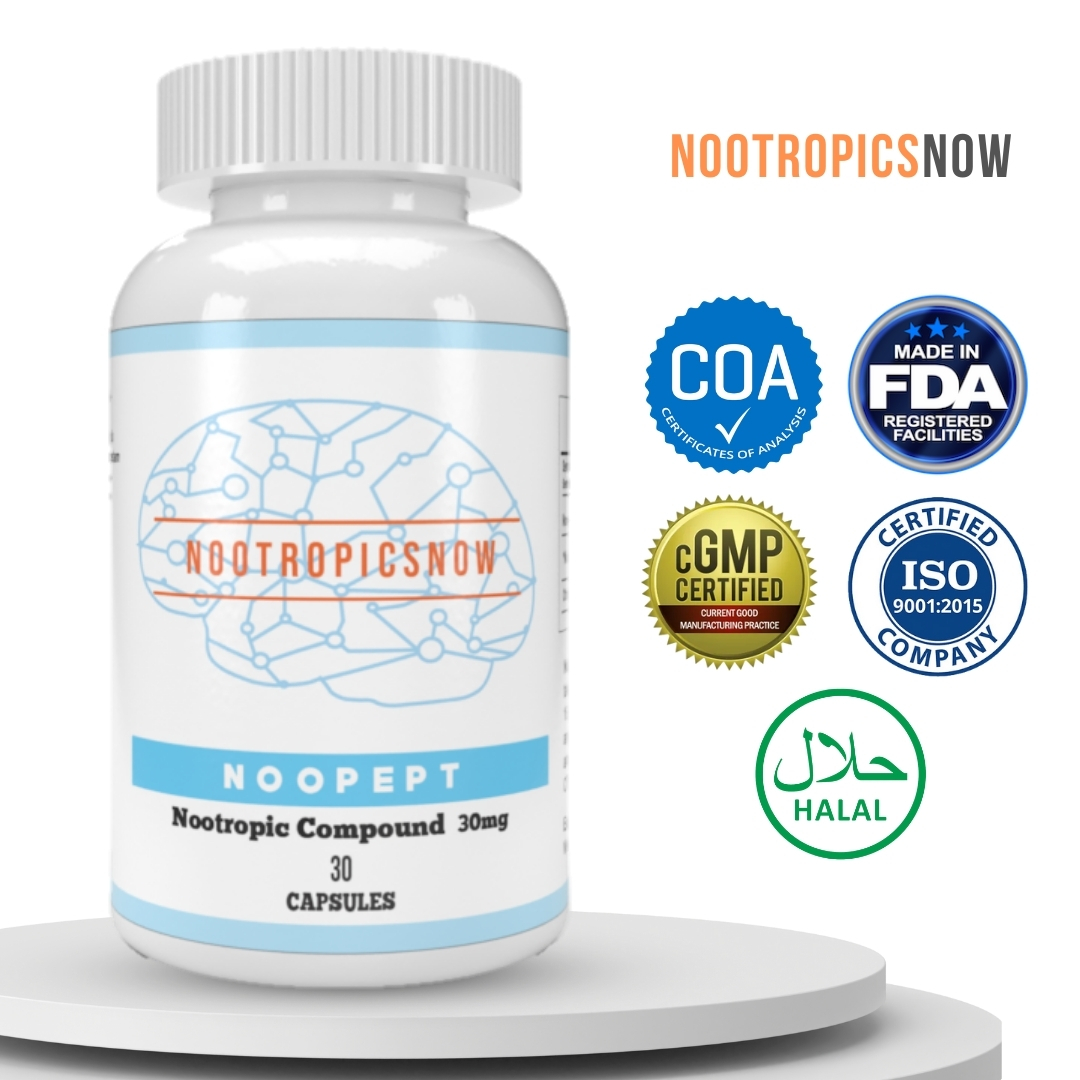
View Product
View Product
Using the Morris water maze test, which evaluates spatial memory, animal studies demonstrated significant improvements in memory performance after fasoracetam treatment. Furthermore, object recognition tests revealed enhanced performance in both short-term and long-term memory tasks, indicating that fasoracetam facilitates the encoding and retrieval of information.
These findings suggest that fasoracetam may be beneficial for individuals seeking to improve their memory capabilities, particularly in scenarios requiring efficient information processing and recall.
Broad Cognitive Function Enhancement
Beyond memory, fasoracetam also appears to enhance cognitive function more broadly. This enhancement encompasses improved learning, focus, and problem-solving abilities. The mechanisms behind these effects involve stimulating the glutamate system and modulating GABA levels.
Animal studies have demonstrated that fasoracetam improves cognitive function by increasing synaptic transmission and promoting neural plasticity. Increased synaptic transmission facilitates communication between neurons, while neural plasticity enables the brain to adapt and reorganize itself, both of which are crucial for learning and cognitive flexibility.
Here is another product that can help improve learning, focus, and problem-solving:

View Product
Consequently, fasoracetam could potentially benefit individuals engaging in cognitively demanding activities, such as studying, problem-solving, or creative tasks.
Potential Therapeutic Applications of Fasoracetam
Beyond its cognitive-enhancing potential, fasoracetam is also under investigation for various therapeutic applications, including ADHD, cognitive impairments, and mood disorders.
Addressing Attention Deficit Hyperactivity Disorder (ADHD)
Preliminary research suggests that fasoracetam may help improve symptoms of inattention and hyperactivity, core symptoms of ADHD. This potential stems from its modulation of neurotransmitter systems implicated in ADHD, particularly the glutamatergic and cholinergic systems.
Current treatments for ADHD often involve stimulants, which can have side effects such as anxiety, insomnia, and appetite suppression. Fasoracetam, with its different mechanism of action, offers a potential alternative or adjunct therapy with a potentially more favorable side effect profile.
Phase 2 clinical trials are underway for its use in ADHD, autism, or anxiety, who have mutations in the glutamate receptor gene.
Mitigation of Cognitive Impairments
Fasoracetam’s ability to enhance cholinergic activity and stabilize glutamate levels makes it a potential tool for mitigating cognitive decline associated with neurodevelopmental and neurodegenerative conditions.
Additional products that can help to mitigate cognitive impairments include:

View Product

View Product
In the context of Alzheimer’s disease, where cholinergic deficits and glutamate excitotoxicity contribute to cognitive decline, fasoracetam could potentially improve cognitive function by restoring cholinergic signaling and preventing glutamate-induced neuronal damage. Further research is needed to explore the potential therapeutic role of fasoracetam in these conditions.
Alleviating Mood Disorders
The drug’s modulatory effects on the GABAergic system suggest its potential for alleviating symptoms of depression and anxiety. Imbalances in GABA neurotransmission have been implicated in the pathophysiology of mood disorders.
Here are some products that can help alleviate mood disorders:

View Product

View Product
By enhancing GABAergic activity, fasoracetam could potentially reduce anxiety, promote relaxation, and improve overall mood. Animal studies have shown that fasoracetam reduces anxiety-like behaviors and improves stress resilience.
Another product that can help reduce anxiety, promote relaxation, and improve overall mood is:

View Product
However, it’s essential to note that mood disorders are complex conditions with multiple contributing factors, and fasoracetam is unlikely to be a standalone cure. Instead, it may serve as a valuable component of a comprehensive treatment approach.
Evaluating the Research Status of Fasoracetam
While fasoracetam has shown promising results in animal studies, its efficacy and safety in human users are still under investigation. The drug is currently in phase 2 clinical trials for treating adolescents with ADHD, autism, or anxiety, who have mutations in the glutamate receptor gene.
It is essential to note that clinical trials are crucial for establishing the safety and efficacy of a drug in humans. Phase 2 trials aim to evaluate the drug’s effectiveness in a larger group of patients and to further assess its safety. The results of these trials will provide valuable insights into fasoracetam’s potential therapeutic applications.
Given the limited human data currently available, caution is advised when considering fasoracetam use. Individuals should consult with healthcare professionals before using fasoracetam, especially if they have underlying health conditions or are taking other medications.
Understanding the Safety Profile of Fasoracetam
Fasoracetam is generally well-tolerated, with commonly reported side effects including fatigue, headache, and gastrointestinal discomfort, which are typically mild and transient. However, the long-term effects of the drug are not yet fully understood, and caution is advised when considering its use.
Individuals who experience persistent or severe side effects should discontinue fasoracetam and consult with a healthcare professional. Additionally, it’s important to be aware of potential interactions with other drugs or supplements.
Pregnant or breastfeeding women should avoid using fasoracetam due to the lack of safety data in these populations. Furthermore, individuals with liver or kidney problems should exercise caution, as these organs play a crucial role in drug metabolism and elimination.
Precautions and Warnings
Conclusion: Unveiling Fasoracetam’s Potential
Fasoracetam represents a fascinating avenue in cognitive enhancement and neuropsychiatric treatment. Its multifaceted mechanism of action, involving the modulation of cholinergic, glutamatergic, and GABAergic systems, provides a strong rationale for its potential therapeutic applications.
Consider trying these racetams:
View Product
While initial research is encouraging, further studies are necessary to fully understand its efficacy, safety, and long-term impact. As scientific exploration continues, fasoracetam may emerge as a valuable tool in the treatment of ADHD, cognitive impairments, and mood disorders.
Fasoracetam Cognitive Research: A Comprehensive Overview
Fasoracetam, a synthetic nootropic belonging to the racetam family, has garnered considerable interest within the scientific community and among individuals seeking cognitive enhancement. Its potential to improve memory, focus, and overall cognitive function has driven numerous studies exploring its mechanisms of action and therapeutic applications. This section provides a detailed overview of current fasoracetam cognitive research.
Understanding Fasoracetam’s Core Mechanisms
Fasoracetam’s cognitive effects stem from its multifaceted interactions with neurotransmitter systems in the brain. Notably, it influences the cholinergic, glutamatergic, and GABAergic pathways, each playing crucial roles in cognitive processing.
Modulation of Cholinergic Transmission
One of the primary mechanisms through which fasoracetam exerts its cognitive effects is by modulating cholinergic transmission. Specifically, research suggests that it enhances the release of acetylcholine, a crucial neurotransmitter involved in memory, learning, and attention. Furthermore, fasoracetam facilitates the uptake of choline, a precursor to acetylcholine, thereby ensuring an adequate supply for neurotransmitter synthesis. This enhanced cholinergic activity contributes to improved cognitive performance, particularly in memory-related tasks.

View Product
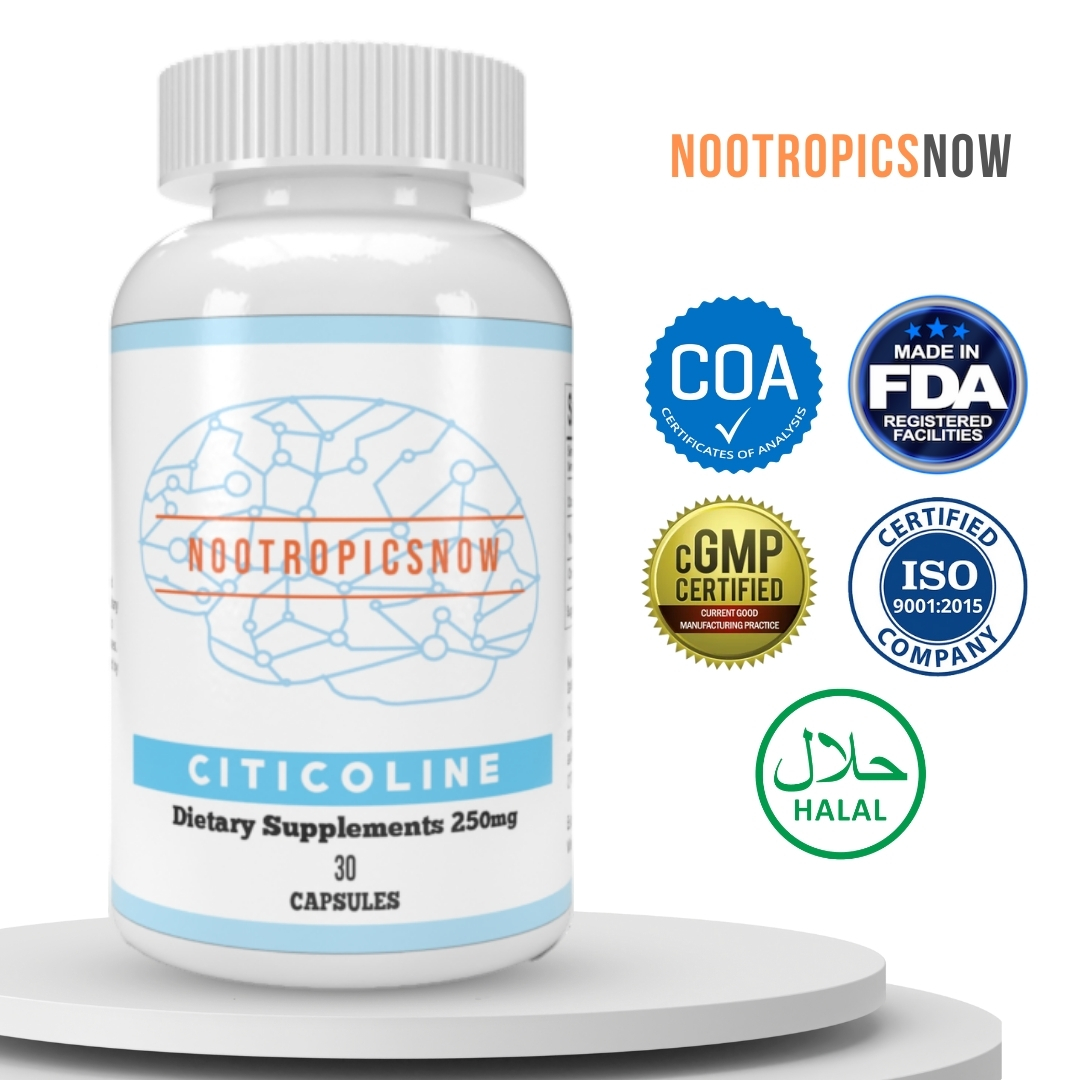
View Product

View Product
View Product
View Product-Brain-Memory-Support-Supplement-Choline-Cognition-Focus-i.202321183.5152182604)

View Product

View Product
Interaction with Glutamatergic Receptors
Fasoracetam interacts with metabotropic glutamate receptors (mGluRs), a family of receptors that play a pivotal role in synaptic plasticity and learning. Particularly, it modulates mGluR1, mGluR5, and mGluR8. By interacting with these receptors, fasoracetam enhances synaptic transmission and promotes neural plasticity, crucial processes underlying cognitive enhancement. Studies have shown that this modulation can improve cognitive flexibility and enhance the brain’s ability to adapt to new information.
Influence on the GABAergic System
Fasoracetam also influences the GABAergic system, responsible for inhibitory neurotransmission in the brain. It appears to modulate GABA release and receptor sensitivity, which can lead to a reduction in anxiety and improved mood. This modulation is crucial because anxiety and stress can impair cognitive function; by alleviating these negative emotions, fasoracetam supports optimal cognitive performance. Moreover, the GABAergic system’s influence on sleep quality further contributes to overall cognitive benefits.

View Product
View Product-Nootropic-Brain-Booster-Amino-Acid-Energy-Exercise-i.202321183.23955994962)
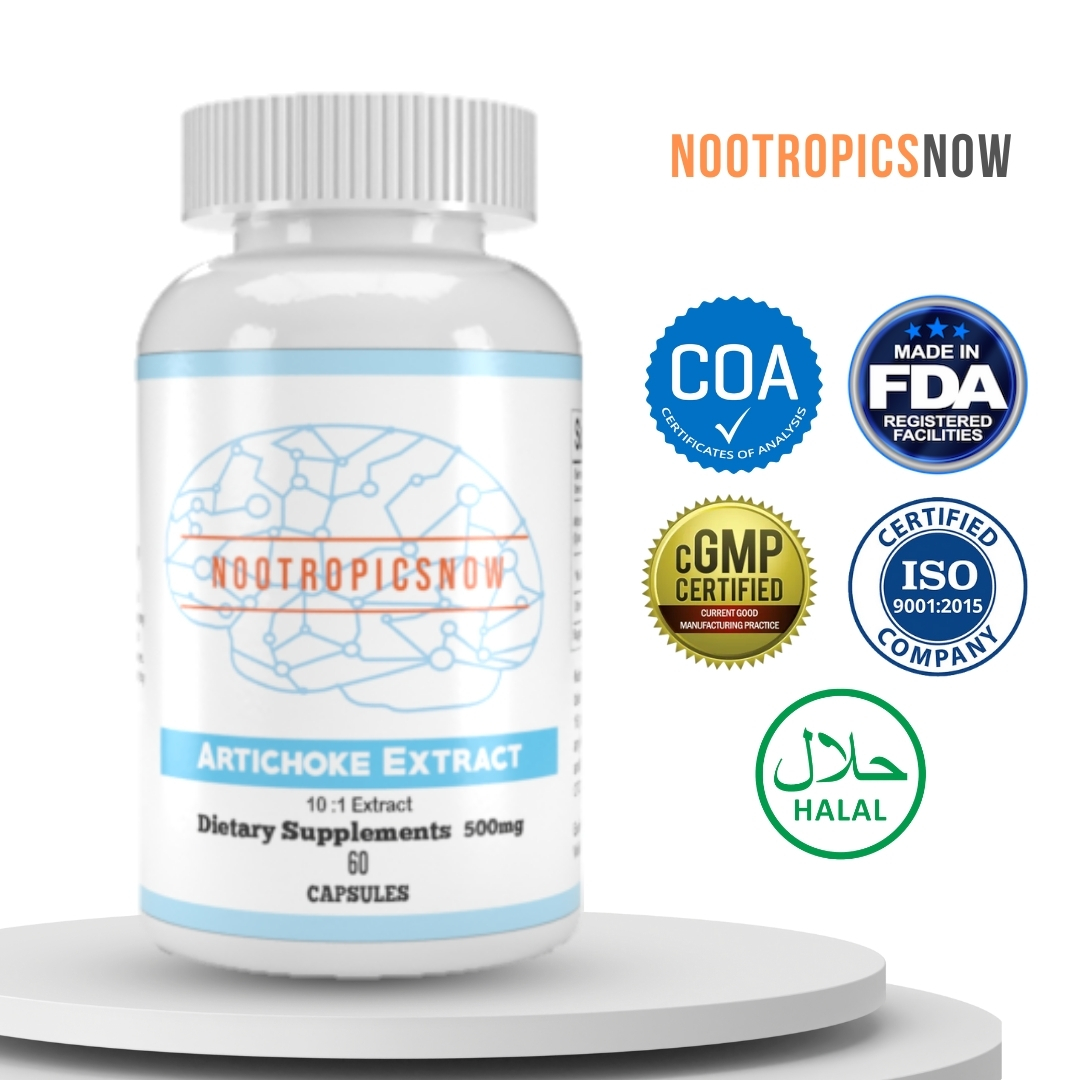
View Product

View Product
View Product-Brain-Stress-Supplement-Depression-Mood-Stress-i.202321183.4951208145)
View Product-Nootropic-Brain-Motivation-Creativity-Anxiety-Supplement-i.202321183.5151215038)
Cognitive Benefits Documented in Research
Cognitive research has highlighted several potential benefits associated with fasoracetam use. These benefits span a range of cognitive domains, from memory and focus to learning and overall cognitive function.
Enhanced Memory Recall and Retention
Numerous studies have investigated the effects of fasoracetam on memory function, with promising results. Studies suggest that fasoracetam’s modulation of the cholinergic system plays a significant role in enhancing memory recall and retention. For example, animal studies have shown that fasoracetam improves performance in spatial memory tasks, such as the Morris water maze test. Additionally, object recognition tests have demonstrated enhanced memory performance, indicating that fasoracetam can improve both short-term and long-term memory function.

View Product
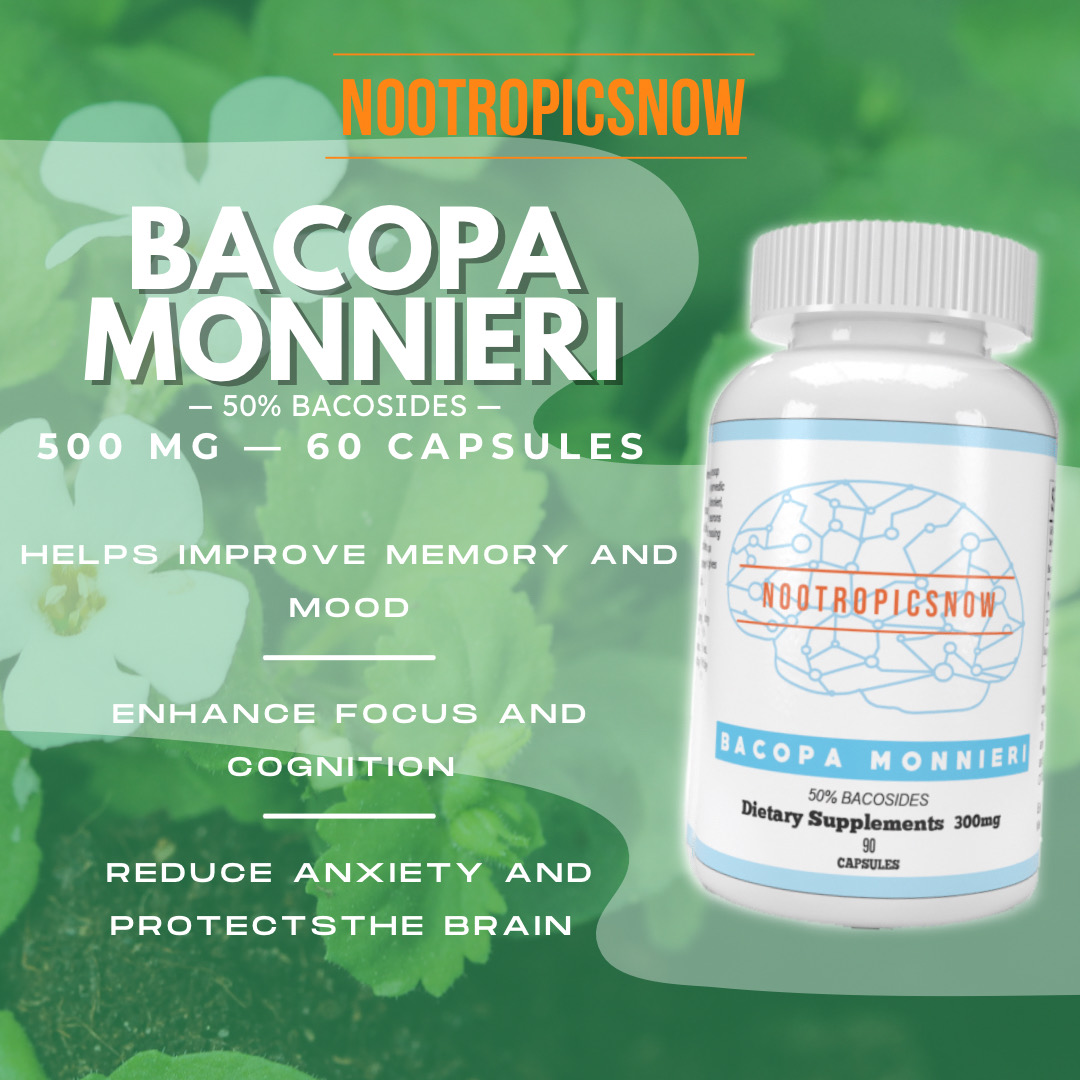
View Product
View Product

View Product
View Product
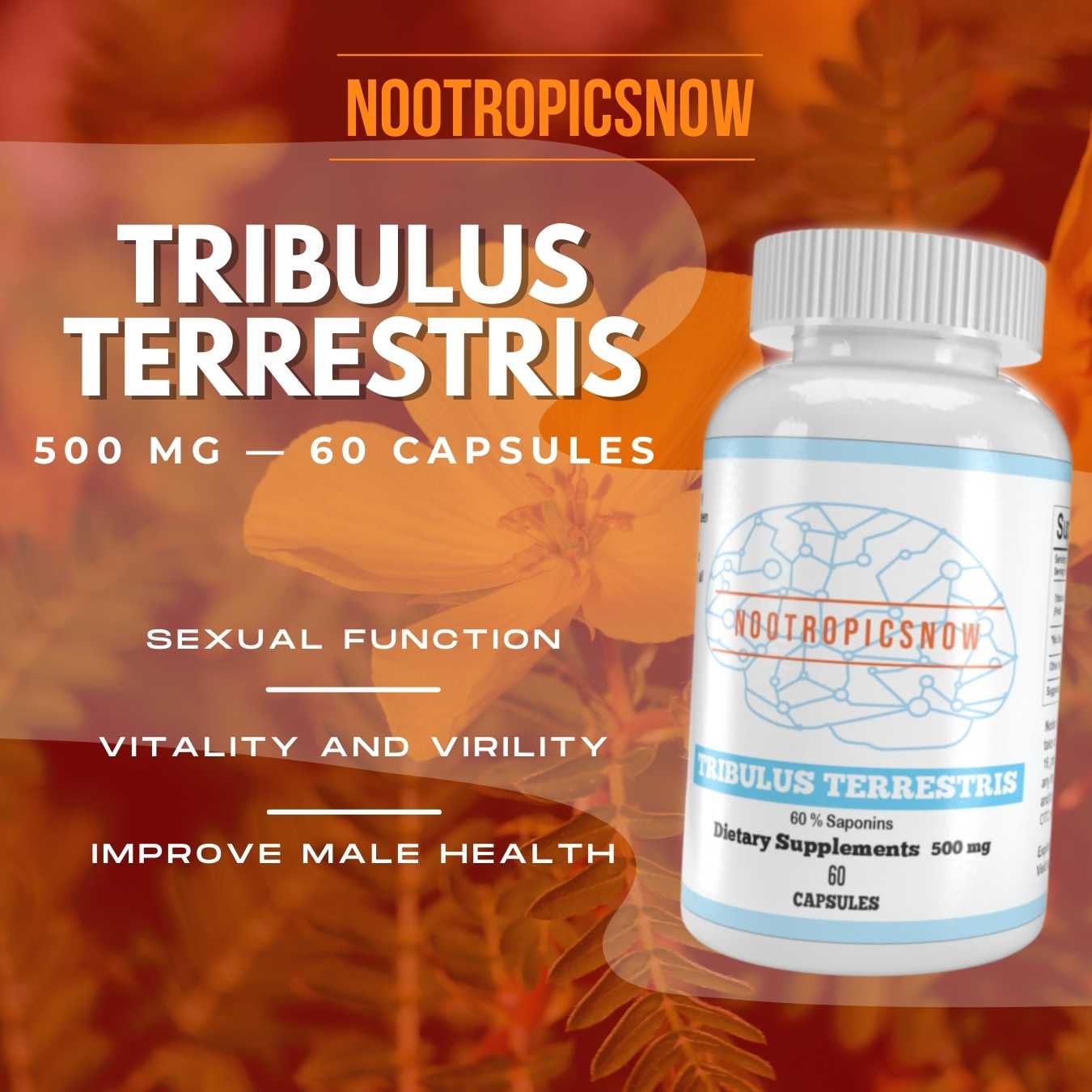
View Product
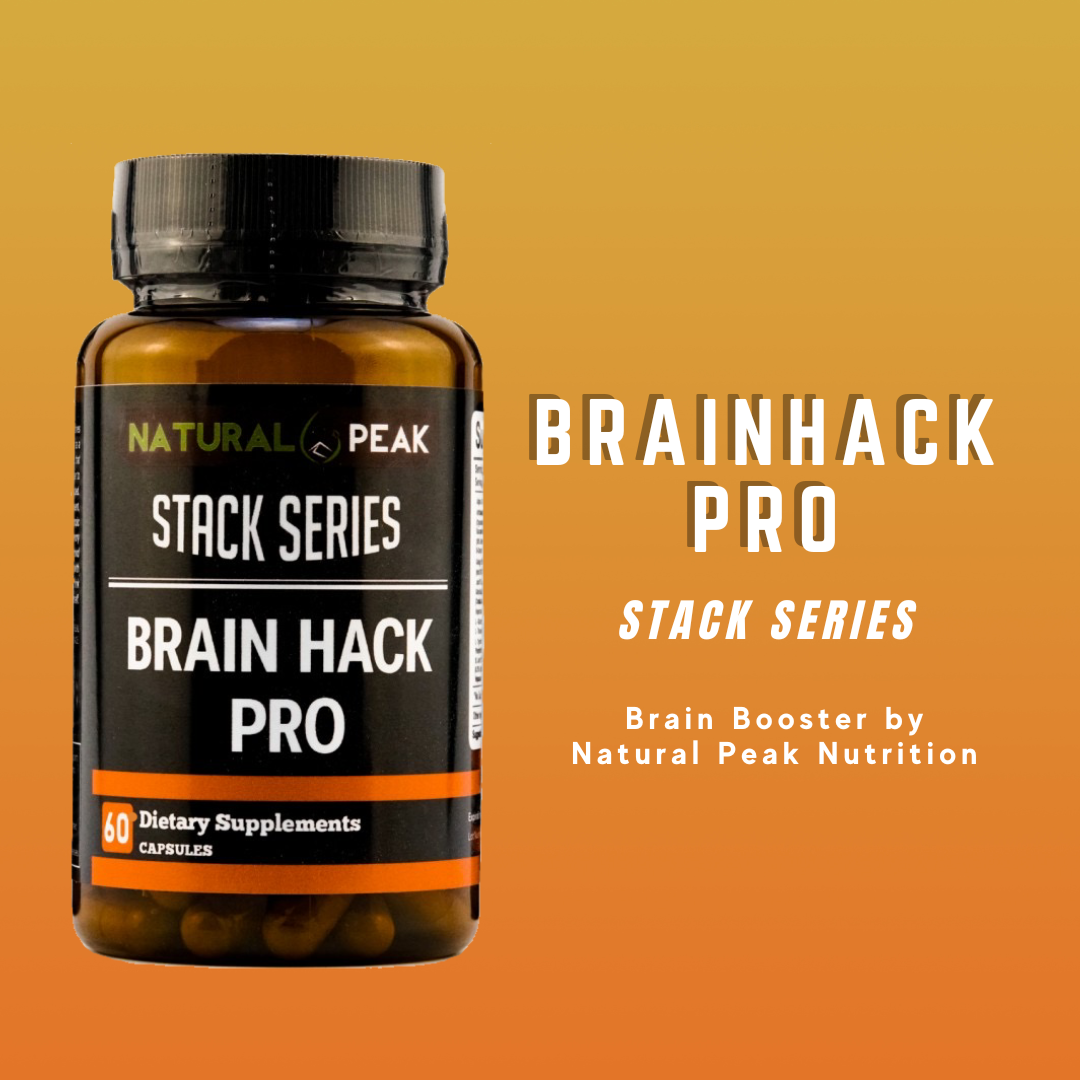
View Product
Improved Focus and Attention
Fasoracetam’s influence on neurotransmitter systems involved in attention and focus can lead to improved concentration and cognitive stamina. By modulating the glutamatergic system and promoting neural plasticity, fasoracetam enhances the brain’s ability to maintain focus and resist distractions. This can be particularly beneficial for individuals who struggle with attention deficits or need to sustain focus during demanding tasks.

View Product
View Product
Facilitated Learning and Cognitive Flexibility
Fasoracetam can facilitate learning and enhance cognitive flexibility. Its interactions with glutamate receptors and the cholinergic system are crucial for these effects. By promoting synaptic transmission and neural plasticity, fasoracetam improves the brain’s ability to process new information and adapt to changing cognitive demands. Cognitive flexibility, the ability to shift between different cognitive tasks or mental sets, is also improved, making individuals more adaptable and efficient in problem-solving.

View Product
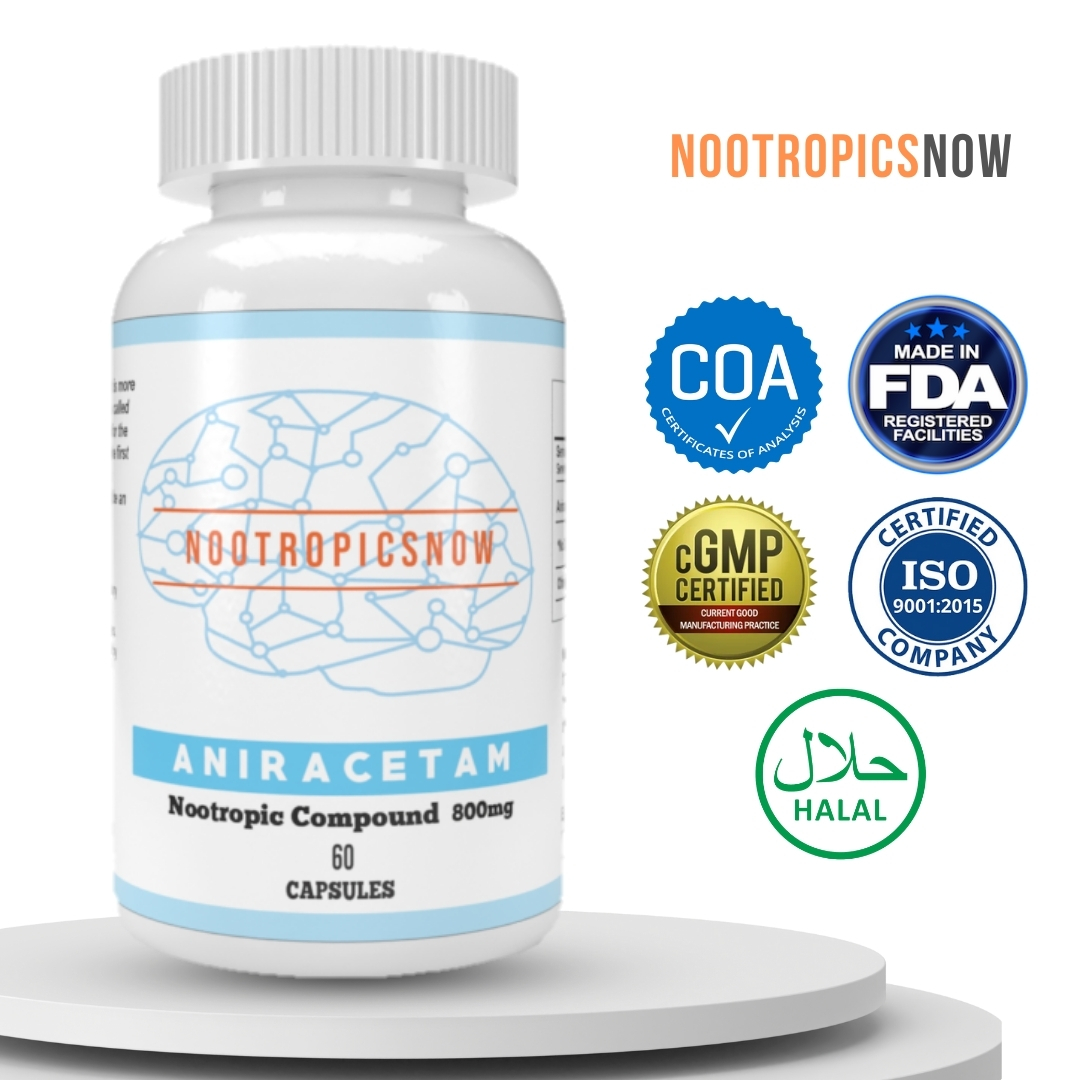
View Product
Potential Mood-Enhancing Effects
Research suggests that fasoracetam may possess mood-enhancing properties, likely due to its modulation of the GABAergic system. By reducing anxiety and promoting relaxation, fasoracetam may help improve mood and overall well-being in individuals with mood disorders. This is particularly important because mood disorders can significantly impact cognitive function, creating a vicious cycle. By addressing mood-related symptoms, fasoracetam can indirectly support cognitive enhancement.

References
[View Product](https] //nootropicsnowph.com/shop/capsules/st-johns-wort-hypericins-%e2%89%a50-

